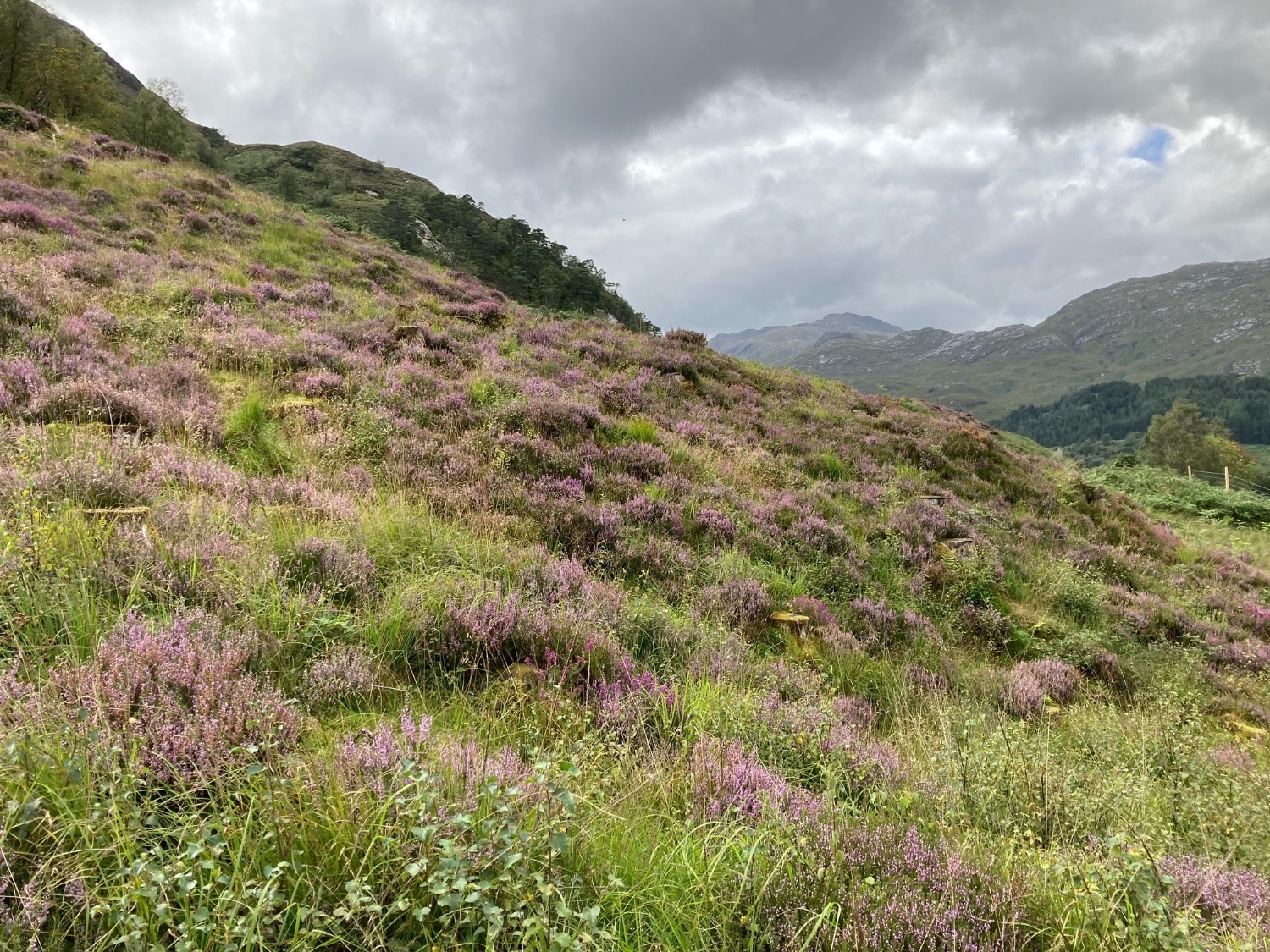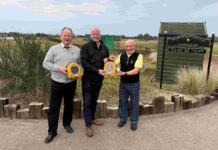
A two-year ‘industry-leading’ pilot project to enhance the natural habitat near the iconic Glenfinnan Viaduct is now complete.
Network Rail and Forestry and Land Scotland (FLS) have invested £300,000 to improve biodiversity in that part of the west Highlands, with the project sitting within Scotland’s endangered Atlantic rainforest zone – an area of international importance for biodiverse habitats.
The work, which has been heralded as the ‘most ambitious’ biodiversity enhancement project undertaken by Network Rail in Scotland, comes in recognition of the impact safety-critical tree and vegetation management work across Scotland’s rail network has on animals, plans, fungi, and microorganisms.
Trees have been planted across approximately 200 hectares to protect, restore, and expand rainforest and peatland habitats. Deer fencing has also been installed at Ardmolich to protect the newly planted native woodlands from overgrazing.
Liam Sumpter, MD of Network Rail Scotland, said, “We’re delighted to have worked with FLS to protect and enhance Scotland’s unique natural environment.
“To date, this has been the most ambitious biodiversity enhancement project undertaken by Network Rail in Scotland.
“This project has enabled us to balance the removal of trees and vegetation elsewhere on the railway on a scale that would not be possible by replanting purely within our own boundaries. The long-term result of this activity is expected to be an uplift in biodiversity across the project area.
“Rail is already one of the greenest forms of transport and we are working to reduce our industry’s impact on the environment through further electrification of our network and also by supporting innovative projects like this one.”
Kevin Quinlan, chief executive of FLS, added, “Part of the dramatic setting of the Glenfinnan viaduct, this area holds several environmental and landscape designations and contains habitats of national and international importance.
“We have been exploring corporate partnerships for a while and our work with Network Rail at this site is a very good example of what can be achieved with this collaborative approach.
“Through this project we have been able to channel funding into a high priority biodiversity area and tap into the shared resources of our joint contractor bases to overcome operational challenges. The outcome is much improved habitats for biodiversity to thrive and for visitors to enjoy in this iconic glen.”








